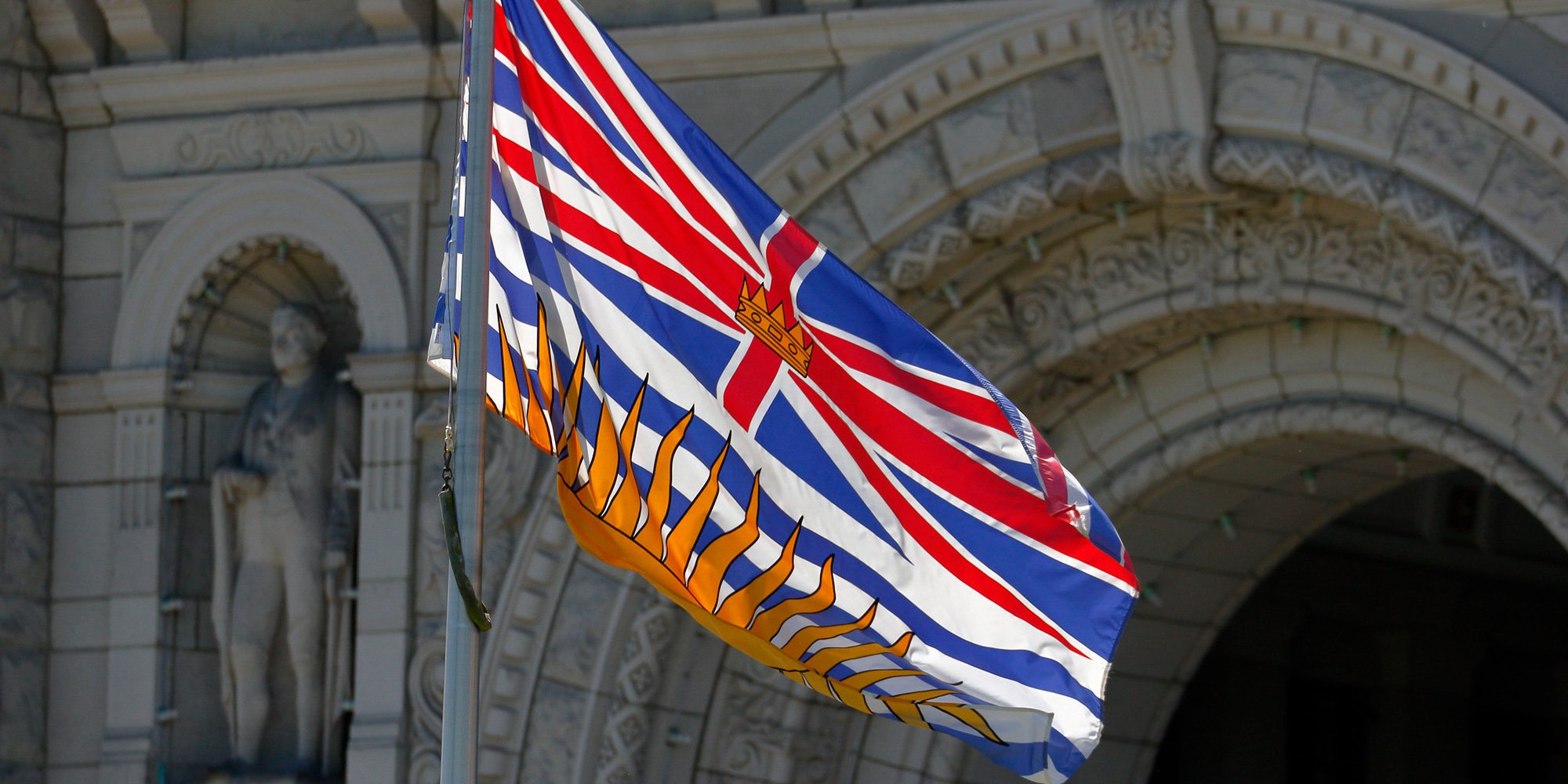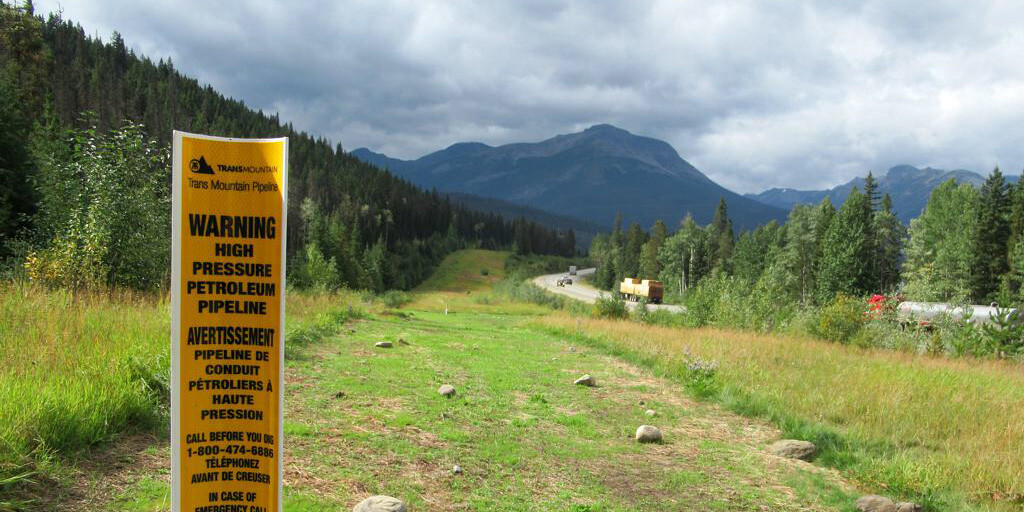4 min read
Meaningful Consultation: Happy Days or Project Delays
Recent events in Canada have shown that resource development projects can face extensive resistance from the affected Indigenous communities if...

4 min read
Recent events in Canada have shown that resource development projects can face extensive resistance from the affected Indigenous communities if...

13 min read
During the 2019 federal election, the U.N. Declaration on the Rights of Indigenous Peoples (the Declaration) was included in four (absent from the...

4 min read
Indigenous Peoples around the world are increasingly concerned about protecting their Indigenous knowledge (IK) and traditional cultural expressions...

5 min read
The announcement on August 30, 2018, that the Federal Court of Appeal had quashed the Trans Mountain pipeline expansion due, in part, to faulty...

3 min read
What constitutes Indigenous relations best practices? Here are a few suggestions for consideration.

4 min read
Consultation with First Nations is a necessary part of doing business on First Nation treaty or traditional land. Most levels of government and...

2 min read
Martin [1], Supreme Court & Court of Appeal of British Columbia 1985 - ongoing Banner of the Nuu-Chah-Nulth First Nations' People, the original...

3 min read
This is the second in the two-part series of our interview with Robert Janes, JFK Law, and Chair of the “Tsilhqot’in Nation and Recognition of...

2 min read
The Supreme Court of Canada’s Tsilhqot’in Decision reverberated through First Nation communities, leaders, resource developers, provincial and...

2 min read
The three commonly called Delgamuuk cases are a critical part of the constitutional puzzle of Aboriginal rights and title for British Columbia and...